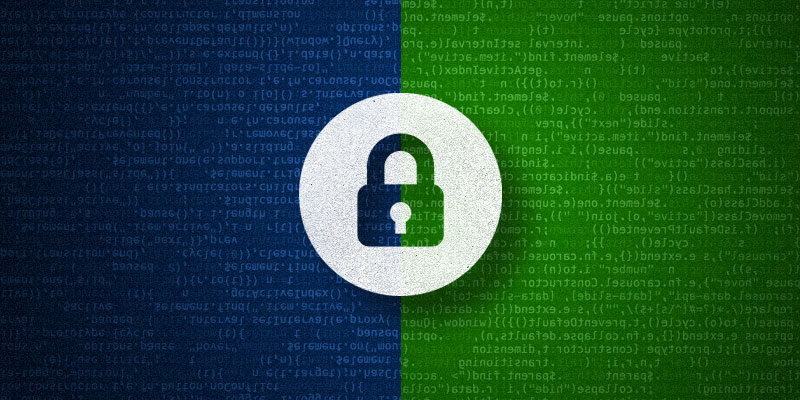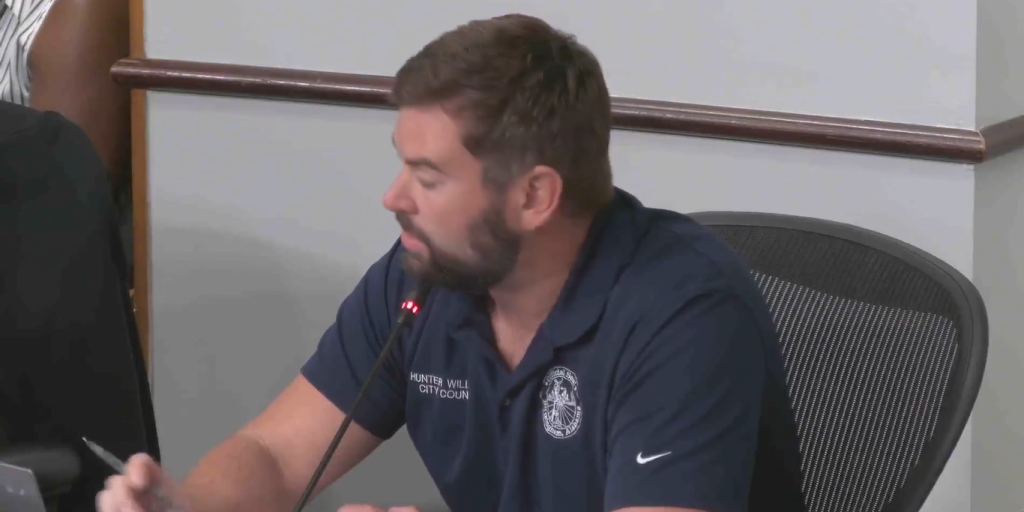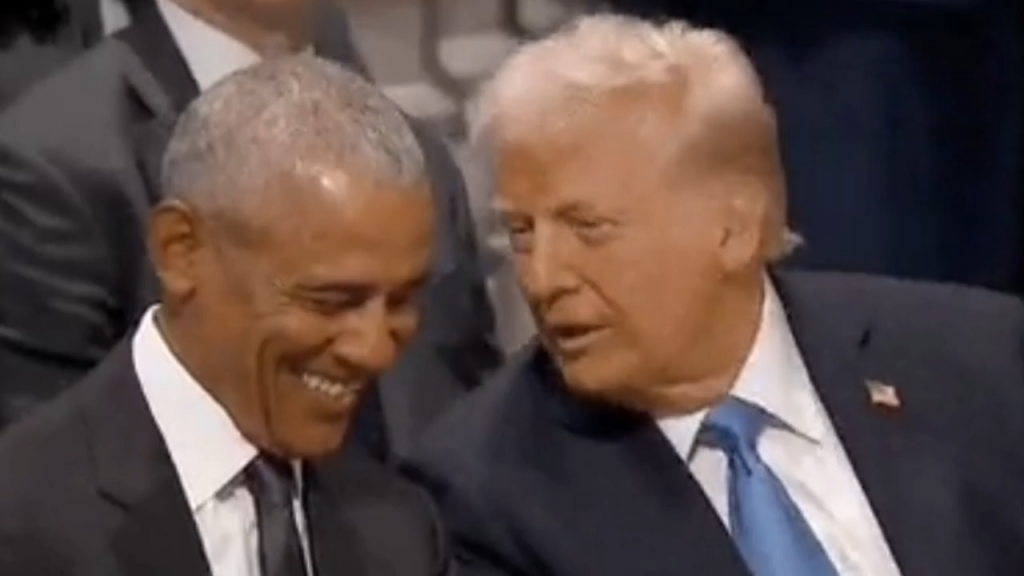“With Thanksgiving around the corner, it is easy to be indolent; however, the future of the Internet is at stake,” one of my friends wrote on Facebook the other day. “Even if it’s just one call, you can make a difference.”
He was referring to “net neutrality,” an elastic term most recently applied to a regulatory approach of the Federal Communication Commission under President Obama, which prevents Internet service providers from “discrimination in charges, practices, classifications, regulations, facilities, or services for or in connection with like communication service” under Title II of the Communications Act of 1934.
Current FCC Chairman Ajit Pai seeks to abolish the regulations, arguing that they throttle innovation and that consumers will benefit from their repeal.
The issue at hand – namely that Internet service providers might choose winners and losers online without proper oversight – is a primary concern of those sitting on both sides of Title II. Moreover, it’s not fair to say those in favor of Title II’s repeal want ISPs controlling our digital world, because many of them have already voiced their desire for a free and open Internet. At the bottom of the fight over Title II is simply this question: Which regulatory philosophy best achieves net neutrality?
Senator Al Franken has been one of Washington’s most outspoken politicians on this issue, calling it “the free speech issue of our time.” Senator Franken continued, “I’ve opposed proposals that would allow Internet service providers to create paid ‘fast lanes’ and end net neutrality. I was very pleased when the Federal Communications Commission (FCC) agreed with me and issued an order to prevent broadband service providers from engaging in practices that will harm the open Internet, such as blocking content or selling access to fast lanes.”
Chairman Pai has rebutted notions that rolling back regulations made would revert the Internet to a digital Wild West scenario. He often cites decisions by Clinton-era officials to maintain a hands-off, free market approach regarding Internet innovation.
“We have proof that markets work: For almost two decades, the U.S. had a free and open Internet without these heavy-handed rules,” Pai wrote in a recent Wall Street Journal op-ed. “There was no market failure before 2015. Americans weren’t living in a digital dystopia before the FCC seized power.”
Pai also argues that rather than preventing big Internet providers from squashing small competition, the regulations squash competition themselves.
As for the truth of Senator Franken and Chairman Pai’s arguments, I can hardly judge. Much of this issue is beyond my knowledge, but it is clear to me that like most issues in Washington, the battle over net neutrality and Title II is a battle over how the federal government ought to regulate our most precious of commodities. Those in favor of Title II are in favor of preemptive governmental action, meant to protect consumers. Those against generally favor the most free market approach possible, with requisite transparency and succeeding accountability if and when big companies start hurting consumers.
Jeremy Beaman is a Huntsville-native in his final year at the University of Mobile. He spent the summer of 2017 with the Washington Examiner and writes for The College Fix. Follow him on Twitter @jeremywbeaman and email him at [email protected].













